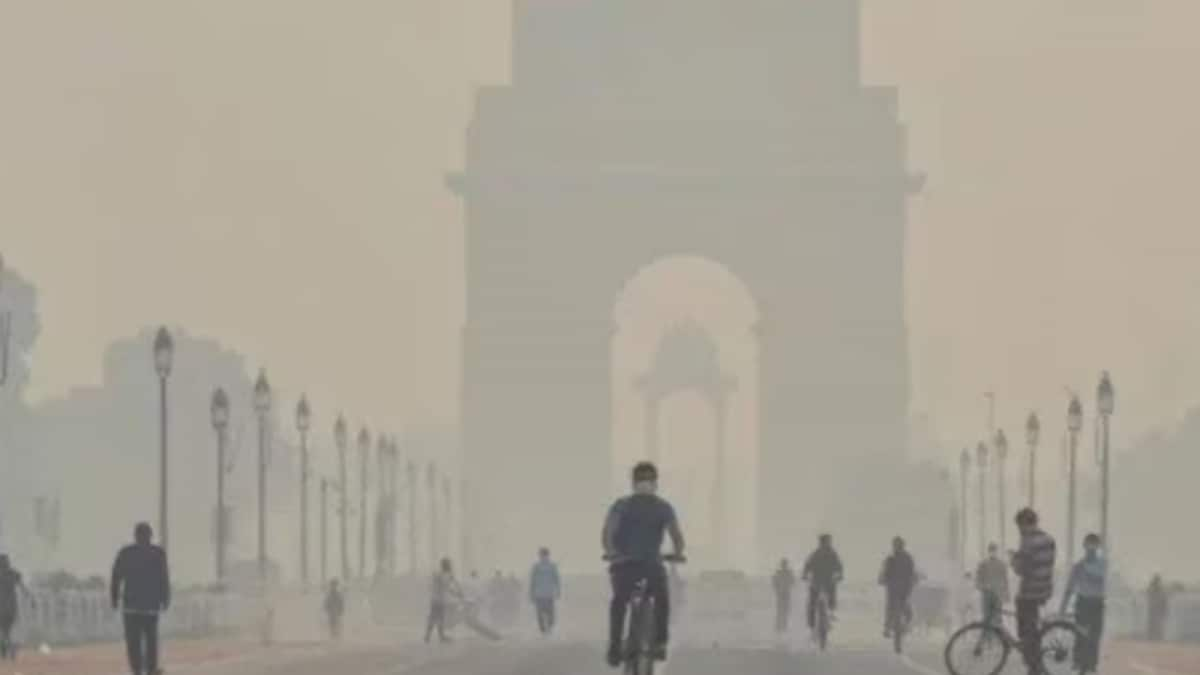The Supreme Court on Friday (October 17, 2025) upheld an order of the Gujarat High Court permitting the partial demolition of the over 400-year-old Mancha Masjid complex in Ahmedabad to facilitate a road-widening project, holding that the measure was undertaken in the public interest and did not infringe upon the right to religious freedom.
A Bench of Justices Surya Kant and Joymalya Bagchi noted that only a portion of the vacant land and an adjoining platform were to be cleared, while the mosque’s main structure would remain untouched. The Court also observed that a temple, a commercial unit, and a residential property had similarly been earmarked for demolition as part of the same civic project.
“In view of the categorical stand taken by the State authorities and the decision of the High Court that only a part of the vacant land and a platform are to be demolished, we see no reason to interfere with the judgment, especially when a temple, a commercial and a residential property have also been earmarked for demolition for road widening,” the Bench said in its order.
The Court, however, left open the question of whether the site qualified as a waqf property, clarifying that the issue could be adjudicated in appropriate proceedings for the purpose of determining compensation.
The Bench further observed that Article 25 of the Constitution, guaranteeing the freedom of religion, was not attracted in the present case, as the dispute was essentially about property and compensation. “A bona fide public interest, which is beneficial to the entire city, is beyond any doubt,” it remarked.
Appearing for the Mancha Masjid Trust, advocate Warisha Farasat disputed the State’s claim that the mosque would remain unaffected. She stressed that it was a 400-year-old heritage structure and urged the Bench to protect the prayer hall. “Since it is a 400-year-old structure, the prayer hall should be spared,” she said.
Ms. Farasat further argued that the municipal authority’s order failed to cite any genuine public interest and was therefore arbitrary. She contended that the mosque, registered under the Mancha Masjid Trust, was a protected waqf property.
Rejecting these contentions, the Bench reiterated that the mosque structure would remain intact. “They (municipal authorities) have also dismantled a temple, one commercial property, and one residential house, which is an issue of extreme hardship. All this is happening for the betterment of the city,” the Court said, adding that the petitioners’ grievance ultimately related to compensation.
In its October 3 order, a Division Bench of the High Court comprising Justices A.S. Supehia and L.S. Pirzada had refused to restrain the Ahmedabad Municipal Corporation from carrying out partial demolitions near the mosque located in Saraspur. The High Court had found that the procedure under the Gujarat Provincial Municipal Corporations Act, 1949, had been duly complied with and that other religious, residential, and commercial properties were also affected by the road-widening project.
“We have noticed that there are a number of properties, including commercial properties, residential as well as temples, have also been included for demolition due to widening of the road,” the High Court had said.
Believed to have been built during the Mughal era, the Mancha Masjid is regarded as an important religious and cultural landmark for the local Muslim community. Over the centuries, it has undergone several renovations and is formally registered under the Mancha Masjid Trust.

 20 hours ago
4
20 hours ago
4










 English (US) ·
English (US) ·